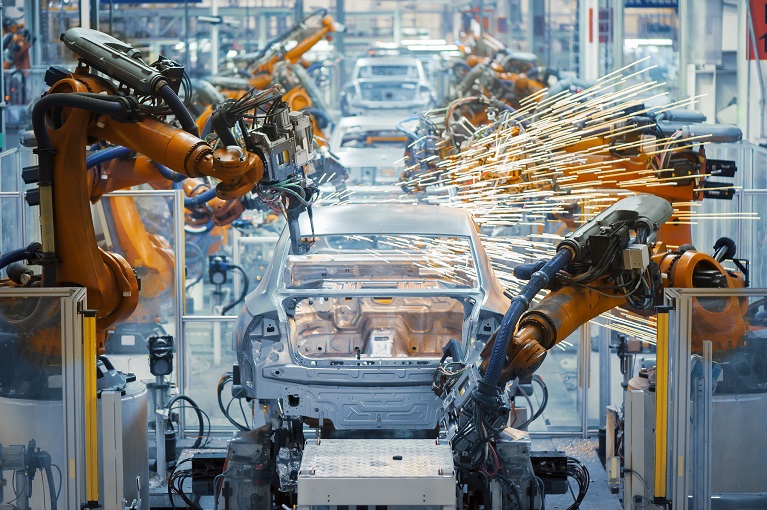By Professor Carl Perrin, Institute for Future Transport and Cities (IFTC) – as seen in Business Insider.
Professor Carl Perrin, executive director leading on Clean Growth and Future Mobility (CGFM) research and innovation at Coventry University, discusses the urgent need for SMEs in the manufacturing sector to understand what decarbonisation means and why they should do more to improve their sustainability credentials.
Decarbonisation is more complex than first meets the eye. The fact that I’ve had to spend a great deal of time trying to understand it, means that many manufacturing businesses out there, especially in this post-Brexit and pandemic phase when it’s difficult to just keep your head above water, are probably not thinking about sustainability to any great extent.
Business owners hear about it, they can see that it’s on the horizon, but it’s too easy to look at it as tomorrow’s problem.
A recent survey of SMEs illustrates this worrying lack of interest in sustainability, with 40% saying they do not have an immediate plan in place to become more sustainable, and nearly a third saying they do not intend to put a strategy in place at all.
Earlier this year, the Government announced that 30 of the FTSE 100 had published some sort of commitment and plan to get their business moving towards net zero, but this still means that 70 of the biggest companies in the country, that can afford to do something about impacting climate change, have yet to act.
The trouble with this complacency is that we’re already not on track to achieve the identified 2050 emission targets in the Climate Change Act, or even those set for the interim, so what do we need to do?
It is only a matter of time before the momentum increases, and more and more businesses start to push sustainable business up their agendas, and that’s when there’s a real danger of them starting to push the responsibility down to their supply chains.
The biggest challenge for experts is how to engage and work with SME’s to help them understand decarbonisation so they are better prepared. At the moment, many businesses operating within the supply chain do not even know how to measure their carbon footprint, let alone how to go about reducing it.

There seems to be an accepted way of measuring carbon emissions through three ‘scopes’:
Scope 1 is all of the carbon emitted by a business within its factory walls, for this, there are online tools available, or knowledgeable university experts to help measure it and then put in an improvement plan.
Scope 2 covers all of the energy used by a business, so it’s important to look at energy suppliers and what they’re doing to increase the amount of power they produce from renewable sources.
Scope 3 is the most complex area because it is measuring the carbon impact of the entire business. This includes the supply chain, the production of materials and delivery of those to a factory, waste and its disposal, the means by which staff travel to and from work, and business travel, for example.
It is at scope 3 when the original equipment manufacturers are going to be pushing the responsibility down to SMEs in their supply chains and eventually making it a requirement. If businesses acts now, when that time comes, they will be able to demonstrate that they have a robust commitment to decarbonisation and that they understand their carbon footprint. Knowing and acting on scope 3 could give a business a competitive advantage – for their new and existing customer base.
Right now there are easily identifiable, tangible benefits that can be achieved in the short-term, such as savings on energy consumption and waste disposal.
However, in the long-term there will be an ethical element for business owners to consider, and people will start to make choices in a myriad of ways that have not happened in the past. Customers and employees will want to see what a business’ green credentials are, and if they don’t have a statement or a vision of what it’s trying to achieve around decarbonisation, they will ask themselves if it’s a business they want to work for or with.
It’s also about future-proofing through investment in equipment and buildings that are not going to attract taxation when the government decides it needs to take such action to drive forward its green agenda, as well as the PR benefits for a business that can present itself as forward-looking.
In time, more and more SMEs will see the need to take steps towards net zero, but many will not really know where to start, and that’s why they need to accelerate their understanding of what sustainability means now, so their journey towards decarbonisation can begin.
Email Carl Perrin to discuss how Coventry University’s Clean Growth and Future Mobility expertise can help your business start its net zero journey.




Comments are disabled